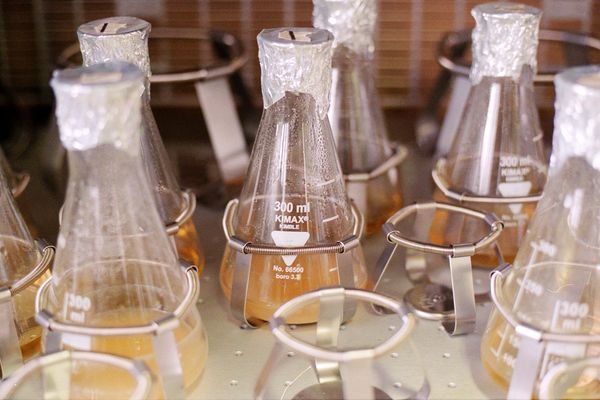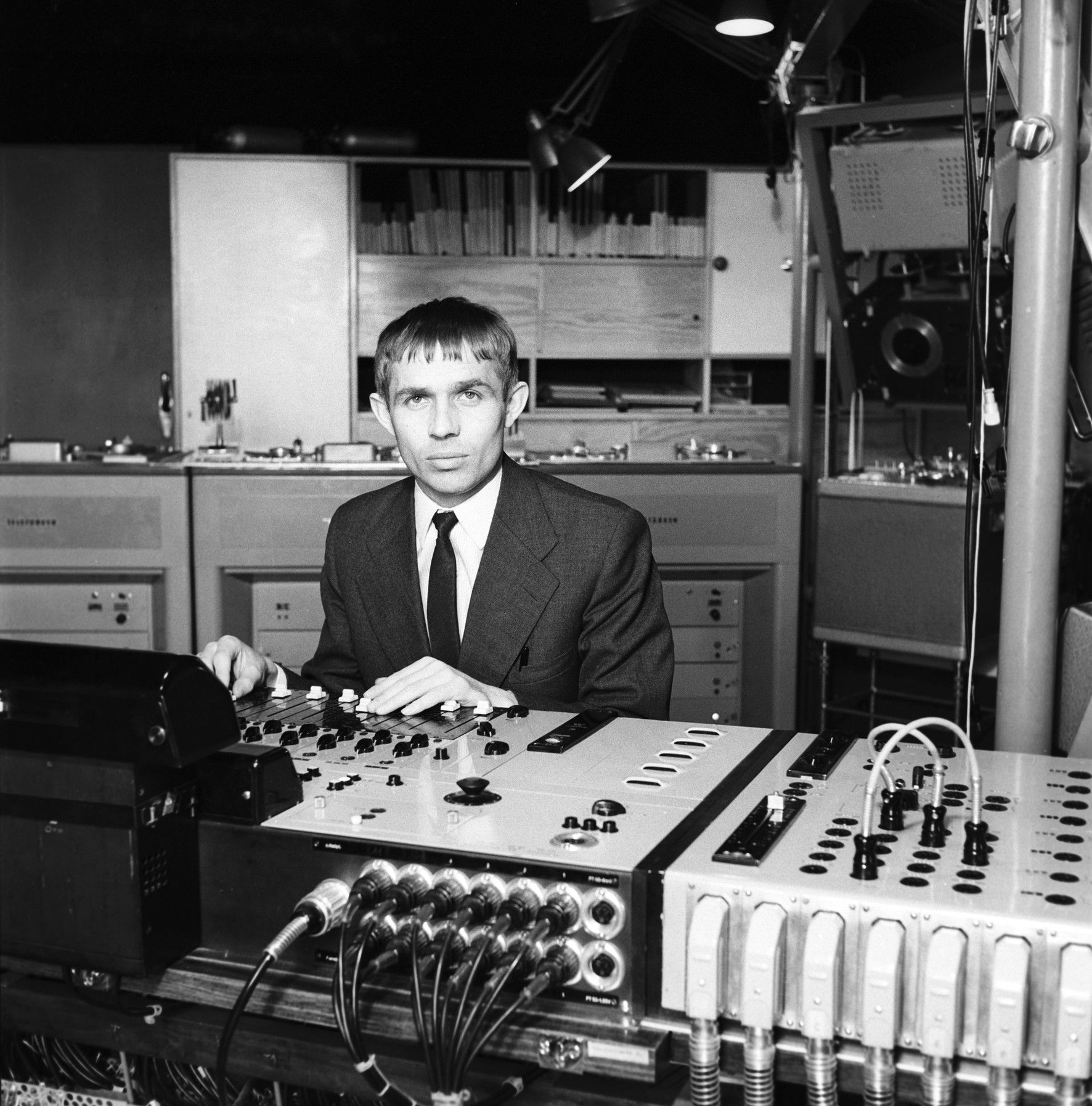Polish Radio Experimental Studio—PRES was one of Europe’s first electronic music centers, founded in Warsaw in 1957, as a department of Polish Radio. Although the studio was a place to record autonomous electronic tracks, this was not its main purpose: it started as a space for independent compositions, sound illustrations for radio dramas and the creation of soundtracks for theater, film and dance, but it became one of the cradles of electronic music in Central Eastern Europe with over 300 compositions and an exciting history, as PRES was one of the few electronic music studios to operate behind the Iron Curtain.
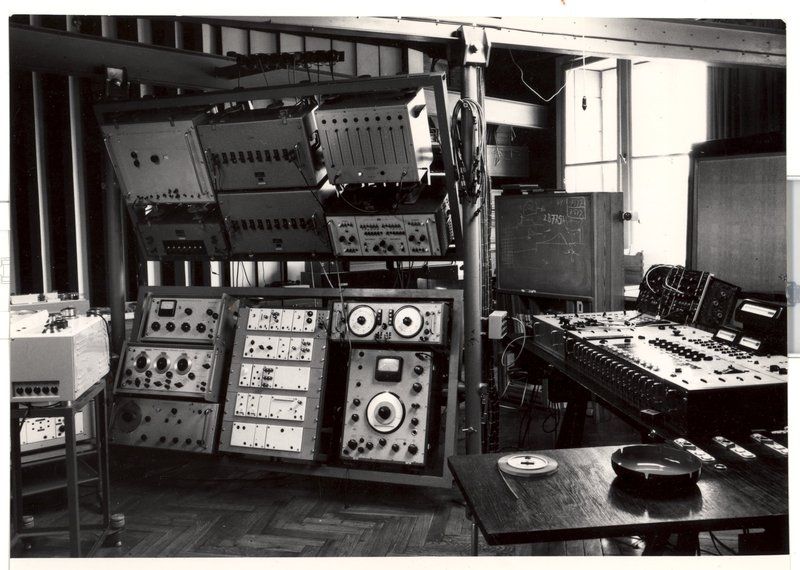
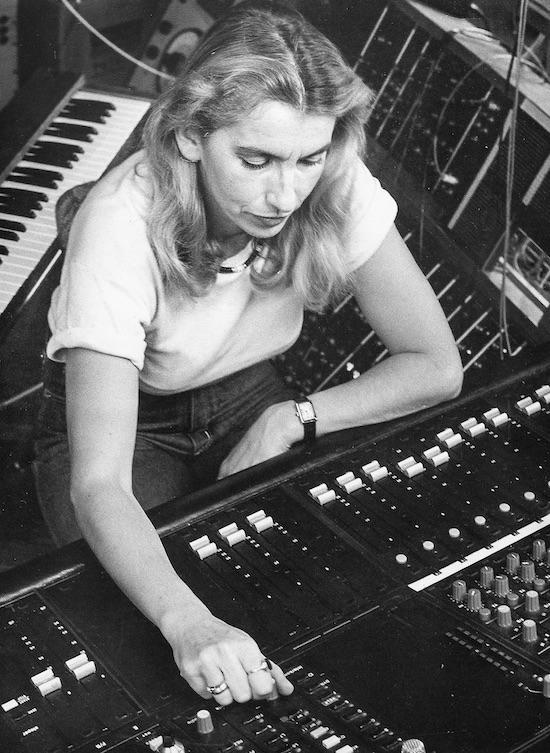
At the end of World War II, formerly independent Poland found itself in a heavily Soviet-influenced zone. In spite of some brief liberalization phases, the following 40 years of communism was a period of political and economic repression, ending only in 1989. During this period, censorship constantly worried numerous Polish artists and musicians, as the consequences could be severe if they produced work that was deemed decadent, anti-Soviet or simply incompatible with the state-approved aesthetics of ‘socialist realism.’
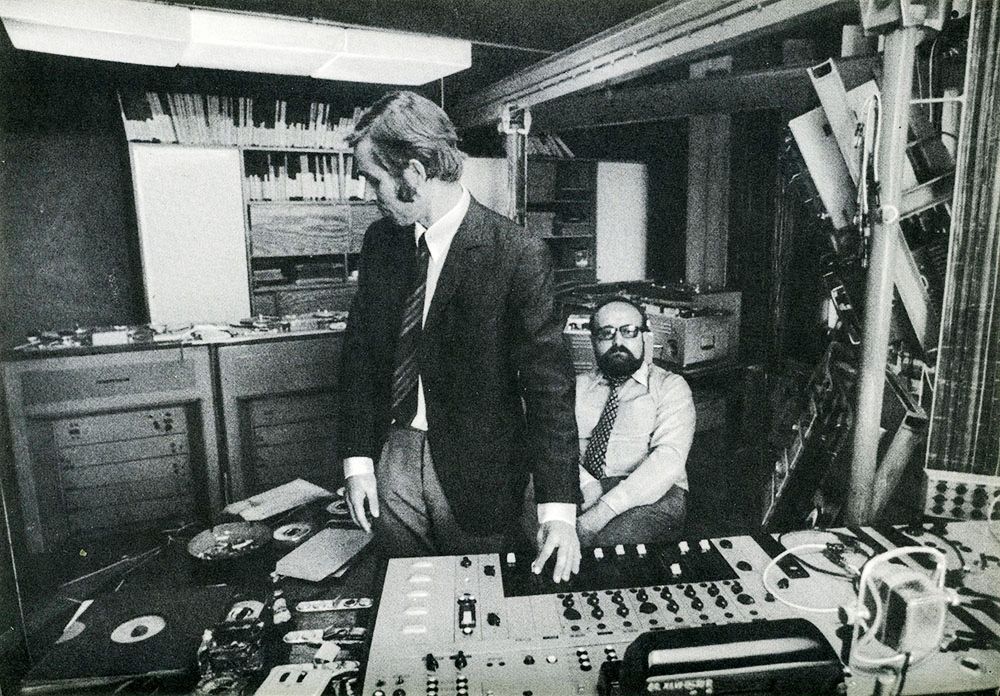
Surprisingly, in spite of these conditions, one of Europe’s first institutions dedicated to experimental and electronic music was actually founded in Poland, also known as the island of artistic freedom in the 60s, 70s and 80s. PRES is one of the few Eastern European studios that had electronic music devices and mostly professional engineers, which made PRES a center for research into the possibilities of tape music and the creation of many astonishing original electroacoustic works.
Electronic music institutions in Europe
In 1951, the Studio for Electronic Music of the West German Radio (WDR) was founded, along with Groupe de Recherche de Musique Concrète (GRMC) in Paris. In 1953, Elektronisches Studio of the Technical University of Berlin followed. In 1954, Experimentalstudio was founded in Gravesano, Switzerland, followed by the Studio di fonologia musicale di Radio Milano and Nippon Hoso Kyokai Studio in Tokyo. PRES was the seventh radio studio to produce electronic music worldwide.
For 28 years, the studio was led by founder Józef Patkowski, musicologist and sound engineer, as well as chairman of the Polish Composers’ Union. Composer Ryszard Szeremeta took over between 1985 and 1998, followed by Krzysztof Szlifirski, who was responsible for the technical concept of the studio, as well. The Experimental Studio was registered by Polskie Radio Program II in March 2004 and Marek Zwyrzykowski has been responsible for its operations since then.
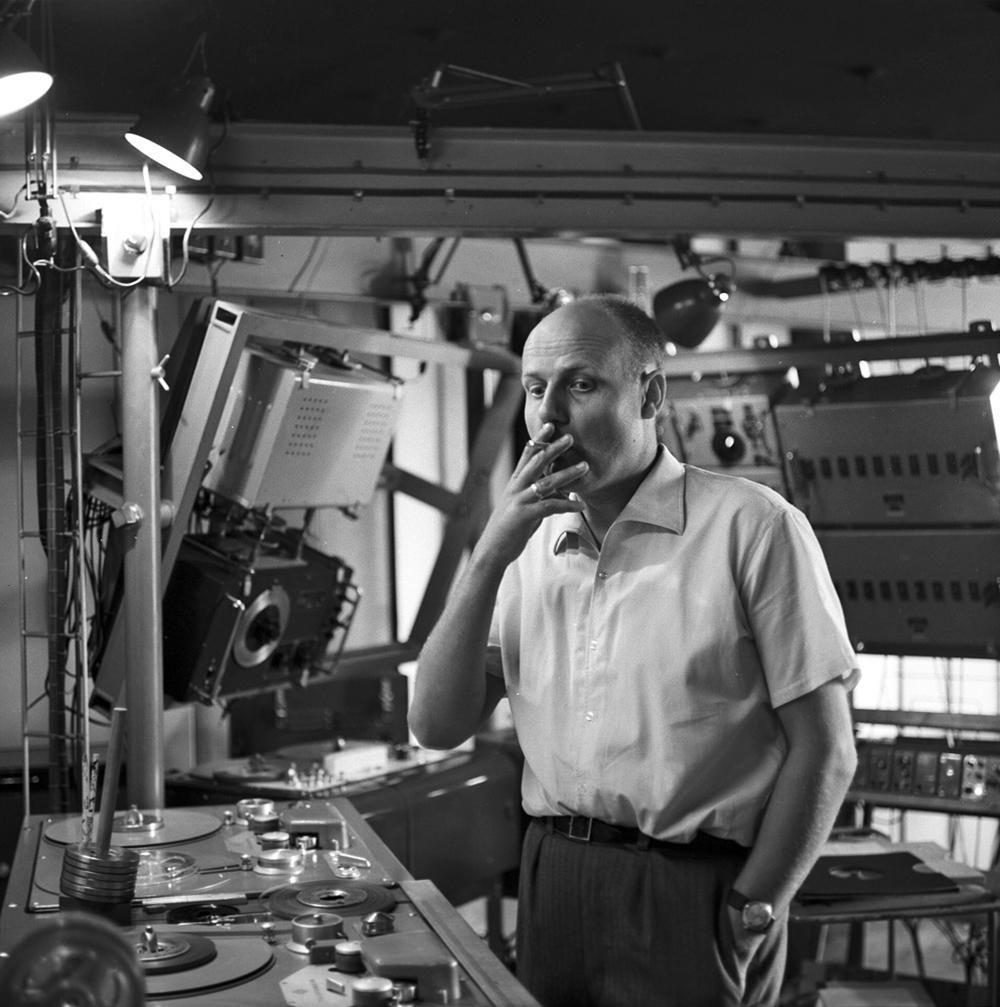
Sounds from the studio
The first track, called Study for a Cymbal Stroke (Włodzimierz Kotoński Etiuda na jedno uderzenie w talerz, 1959) was recorded in PRES in 1959, evoking dramatic changes in the People’s Republic. The sound of a single strike of a cymbal was recorded on tape, and remastered with the studio’s filters.
Kotoński’s composition was the first in a significant series of musical productions. Patkowski envisioned PRES as a kind of laboratory where the composer, working closely with a skilled engineer, could manipulate sounds manually (by editing and connecting tapes) and electronically (using oscillators, filters and ring modulators). The studio has provided a number of Polish composers, including Kotoński, Krzysztof Penderecki, Bogusław Schaeffer and Elżbieta Sikora, with the means to experiment with new sounds and ways of composing.
PRES featured several young and renowned musicians such as Arne Nordheime from Norway, from the Lejaren Hiller US, François-Bernard Mâche from France, or Franco Evangelisti from Italy. Although in practice, PRES focused on autonomous experimental works, its main official task was to compose music for radio, television and film, which again led to interesting paradoxes: for example, the same composer could be composing an experimental work with a hidden anti-government message one day and be asked to compose the soundtrack for a propaganda film the next.
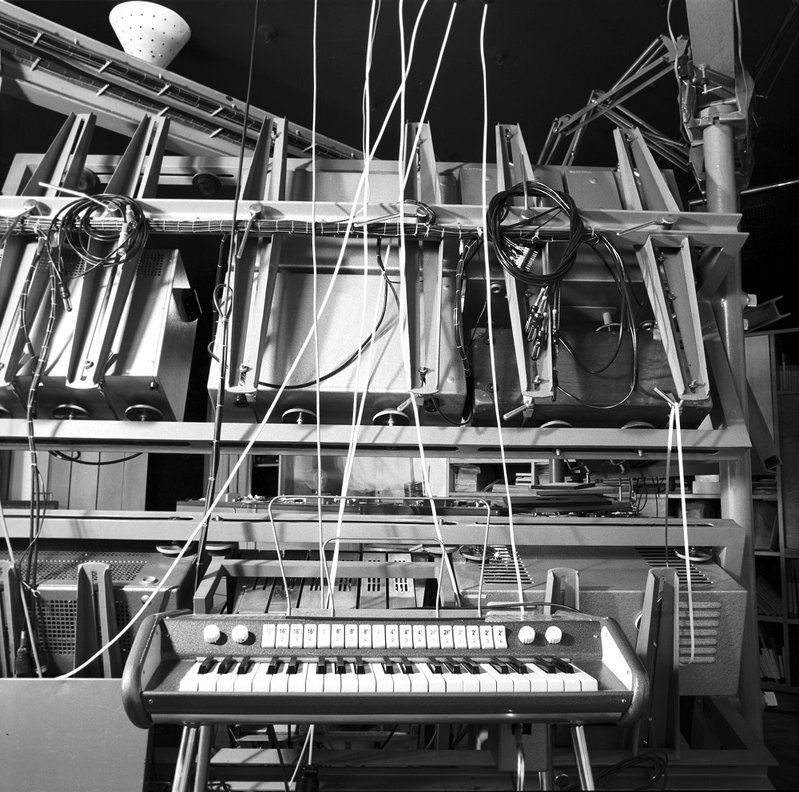
“Its golden era was in the 1970s. Many of the best works have been forgotten, especially because in the last quarter of the 20th century in Polish and Eastern European ‘serious’ music has been dominated by conservative, neoclassical and neo-romantic tendencies. From this point of view, experimental works were considered nonsense. Also, after the fall of the Iron Curtain, artistic circles in many Eastern European countries became extremely interested in exchange with Western cultural circles, and very often undervalued their own tradition. It’s only now, after almost 30 years, that this tendency has changed,” project coordinator Michal Mendyk pointed out to Ableton.
Source: ableton, Culture.pl
From small town delicatessen to freshly baked bread | Piqniq pack—Part 12
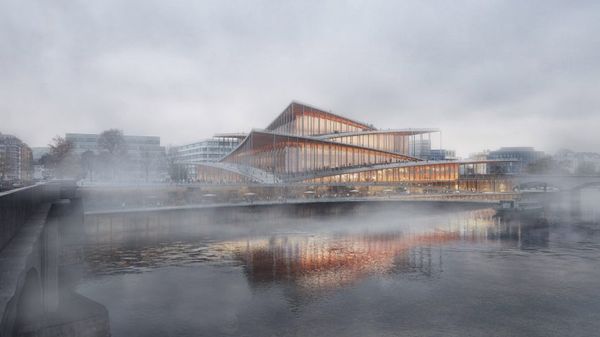
BIG designes a huge concert hall in Prague
